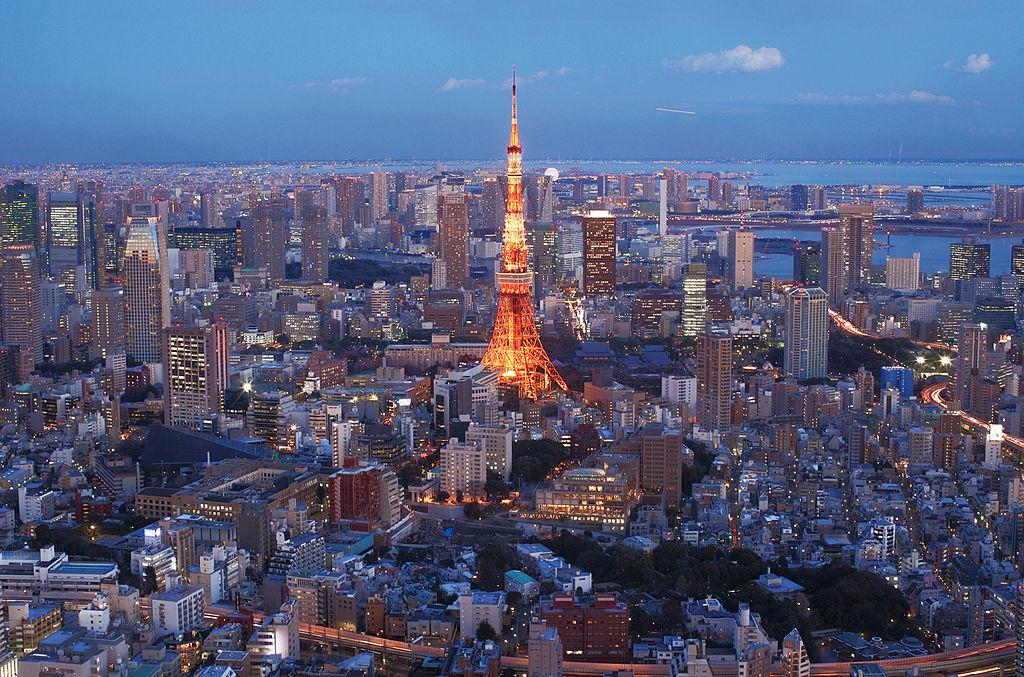An increasing number of China’s intellectual elites are finding refuge in Japan as China’s social environment becomes increasingly oppressive under Chinese Communist Party (CCP) rule. Many intellectuals are fleeing the country.
The CCP, under the rule of Xi Jinping, has virtually no room for free thinking. China’s intellectual elite, including scholars, human rights lawyers, journalists, documentary filmmakers, publishers, and artists, have left China and flocked to Japan. They frequently hold lectures, open bookstores, and have dialogue around freedom, all prohibited under the CCP.




